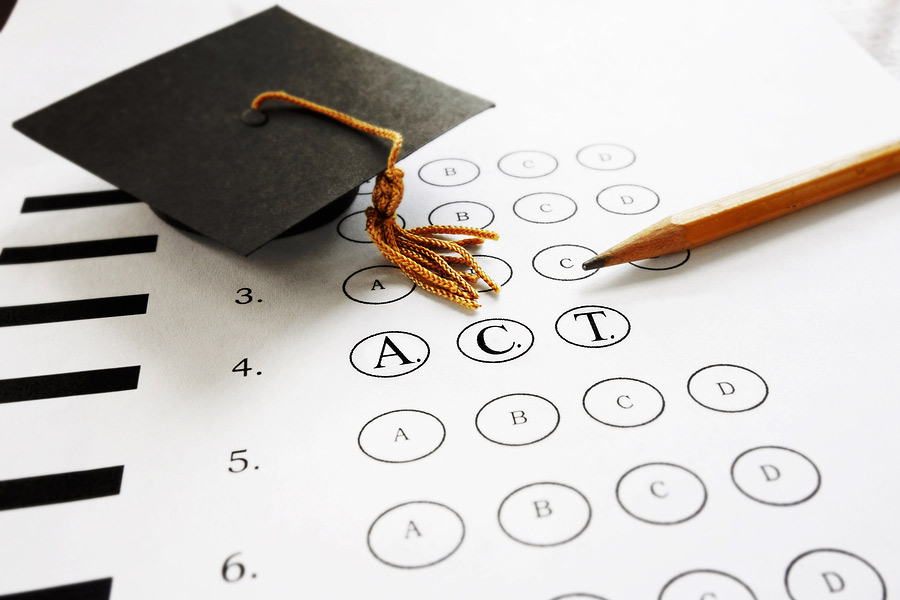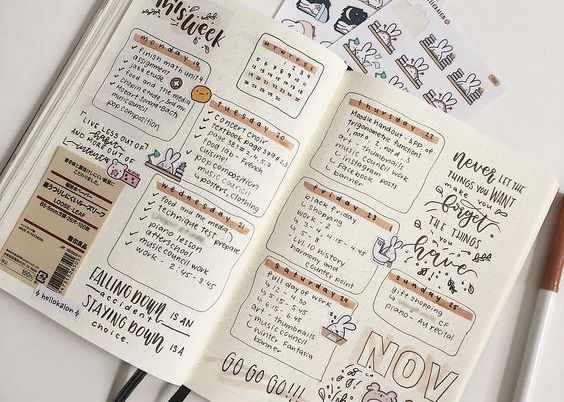Dear Freshman (ACT)
A guide to taking standardized tests.
Standardized testing is just around the corner, and with it comes a big bundle of nerves. Freshmen take the Pre-ACT, which can be a pretty good prediction of how you’ll do on the actual test, but they aren’t the same. Unlike the ACT, the Pre-ACT is a practice exam. You cannot submit your scores to colleges, but this test can help connect you with scholarship organizations and put you on a college’s recruiting list. The test takes roughly three hours but can include an extra hour to fill out forms before the trial begins. It contains sections on Reading, English, Math, and Science like the actual ACT, but it tests you on less knowledge. All this might seem complicated, but every standardized test can be simple with a few tips and tricks.
First of all, test prep is an excellent idea if you want to do well on these tests. My advice is to complete practice questions, instead of reviewing overall concepts. The ACT doesn’t ask you to explain which rules apply to solving mathematical equations or correcting grammatical errors, but rather which is the correct answer. While knowing the rules might help you remember which solution is right, the best thing to do is simply to know the right answer, instead of why it is the right answer.
Another good idea is to practice with time constraints since you will be timed on the test. Taking a test with all the time in the world feels very different from taking one where you have a set number of minutes, so get out a timer and see how many questions you can tackle in the time given. When it comes to the test itself, remember that the best thing to do is answer all the questions, as a wrong answer won’t hurt your score any more than an unanswered one. I recommend going back and filling in all the rows with at least one bubble, and if you have time to read through the questions, go back and skim. Then, choose the answer based on your gut feeling, which is often pretty on-point with the correct answer.
Taking a course like John Baylor’s or other ACT-prep courses can help prepare you for standardized tests since you’ll be working closely with an expert who can help you fortify your weaknesses. These generally claim to boost scores and often deliver on the promise.
I have noticed that while different standardized tests look for different things, they all generally evaluate your logic-based reasoning, retention of concepts, and application of different skills. This is the overstuffed way of saying they are looking for your ability to find, organize, and describe patterns. Understanding patterns is the key to all standardized tests. From comprehending and using mathematical patterns to pinpointing grammatical mistakes that deviate from previously set patterns, patterns are the backbone of every ACT, Pre-ACT, PSAT, and more.
That being said, not everyone excels at differentiating all the different patterns. Patterns that make sense in English, might not in Science. That is totally okay; your ability to mark high on one test does not make or break you. While testing well on the ACT and similar tests increases your chances of making it into a selective college or being chosen for scholarships, realize your life is not over if you don’t achieve your dream score. You can always retake it, and most people do better on their second or third try. Also, don’t compare yourself to the people around you. They could’ve been preparing for longer or might be naturally more gifted, which is completely fine, and not your fault or theirs. Your shortcomings on this test can be made up for with your grades, leadership ability, passion for service, or talent in athletics or arts, and universities consider all these factors when making admission decisions.
Standardized tests are not as bad as you think; the best thing to do is remember to take a breath and trust your gut. As we head into this intimidating season, I hope you remember that you are an incredible person that is too complex, magnificent, and unique to be summed up into a number on a score report. Good luck!
















